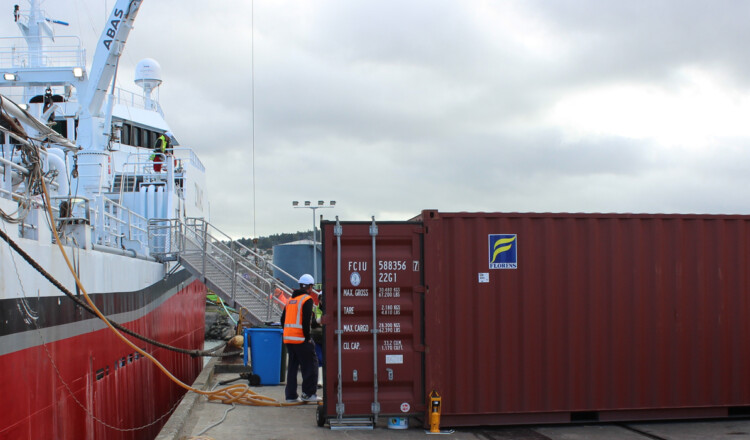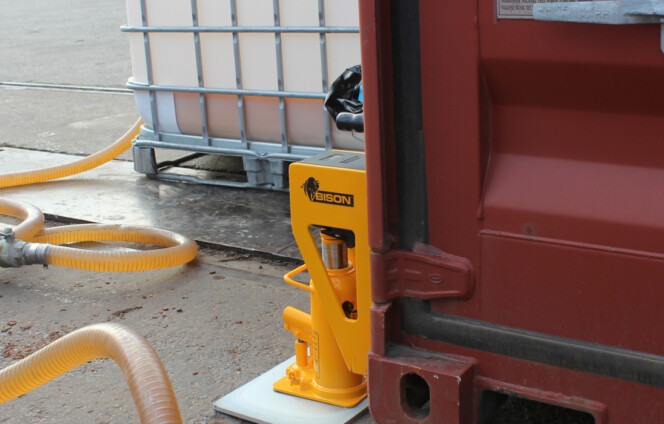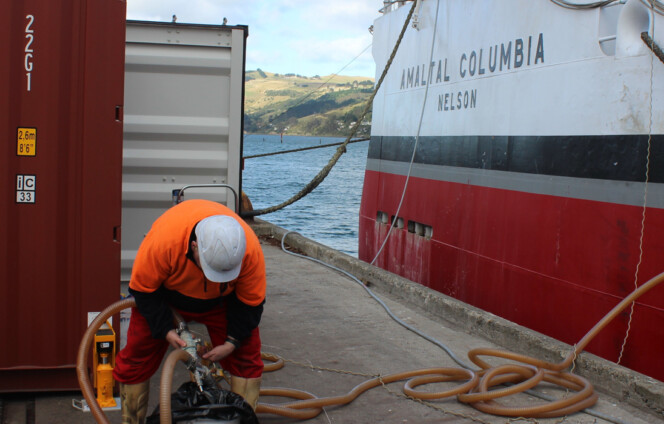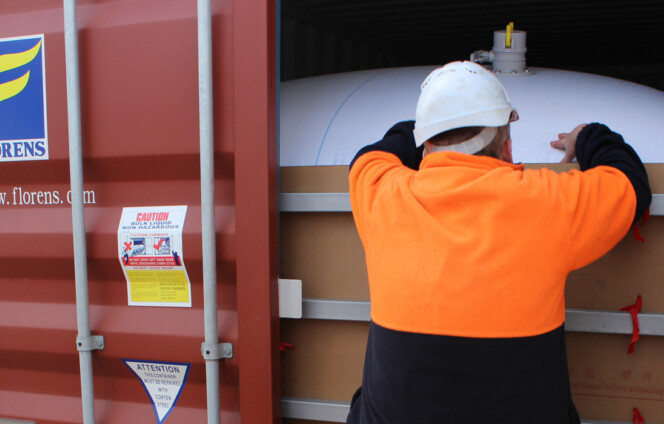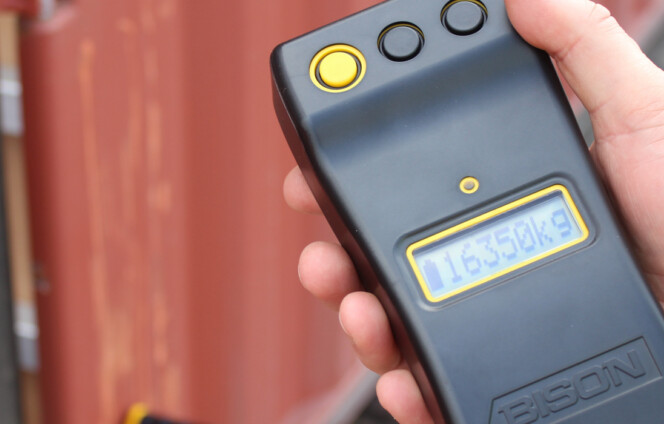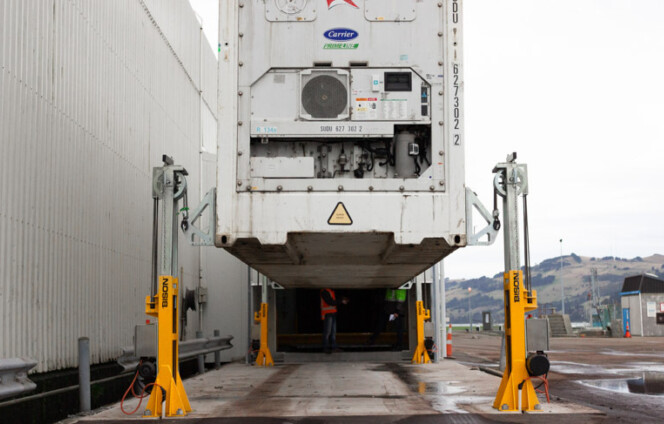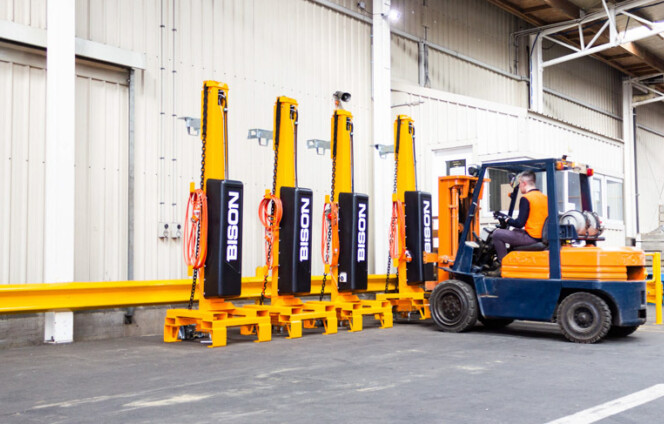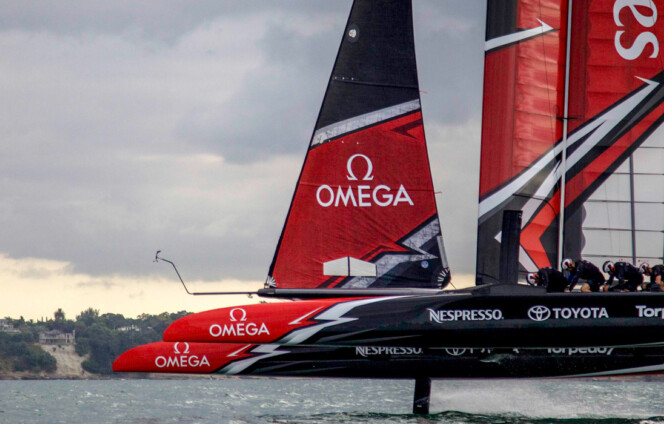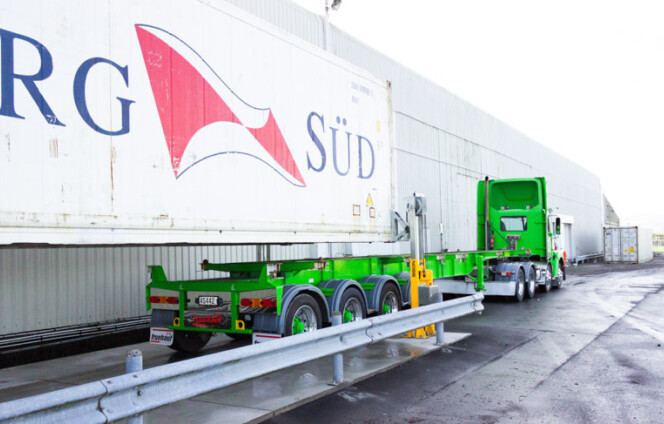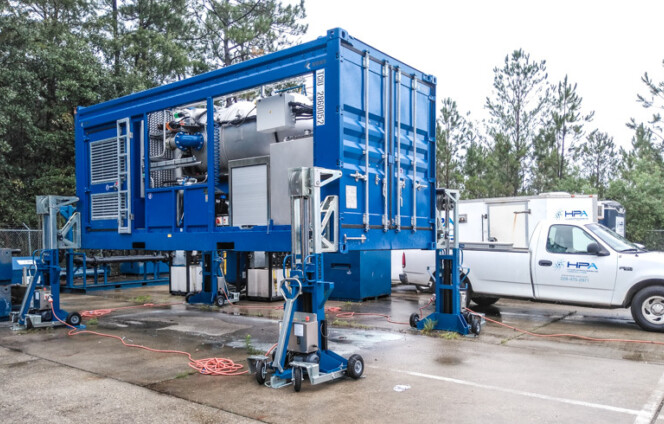The Challenge
Like most fish oil processors, Talley’s uses a pump and hose to discharge the oil into 24,000 liter, containerized flexitanks. Talley’s on-shore logistics team faced a constant problem - how to optimize container loads of this liquid cargo?
If the container is overfilled, the flexitank could burst, destroying tens-of-thousands of dollars worth of cargo. But by under-filling the container, Talley’s generates less revenue from the shipment, plus the shipping cost per tonne of payload is higher than it needs to be.
Talley’s tried using flow meters to optimize the load, but found this was inaccurate, with air bubbles and other variables skewing the measurement. This meant Talley’s were forced to guess when the flexitank was full, disconnect the hose, then have the container hauled to the nearest weighbridge to check the weight.
With the gross container weight from the weighbridge, Talley’s would calculate how much capacity was left inside the flexitank. Containers were at times under-filled by more than 2,000 liters. Once weighed, the container would be returned for the team to continue loading and to guess (again) if it was topped up to the right level.
This process cost Talley's time and money, including extra haulage costs, weighbridge fees and man-hours spent coordinating the check-weighing and top up. Check-weighing away from the loading point also caused delays and meant Talley’s sometimes had to choose between knowingly shipping an under-filled container, or missing a shipping cut-off time.
